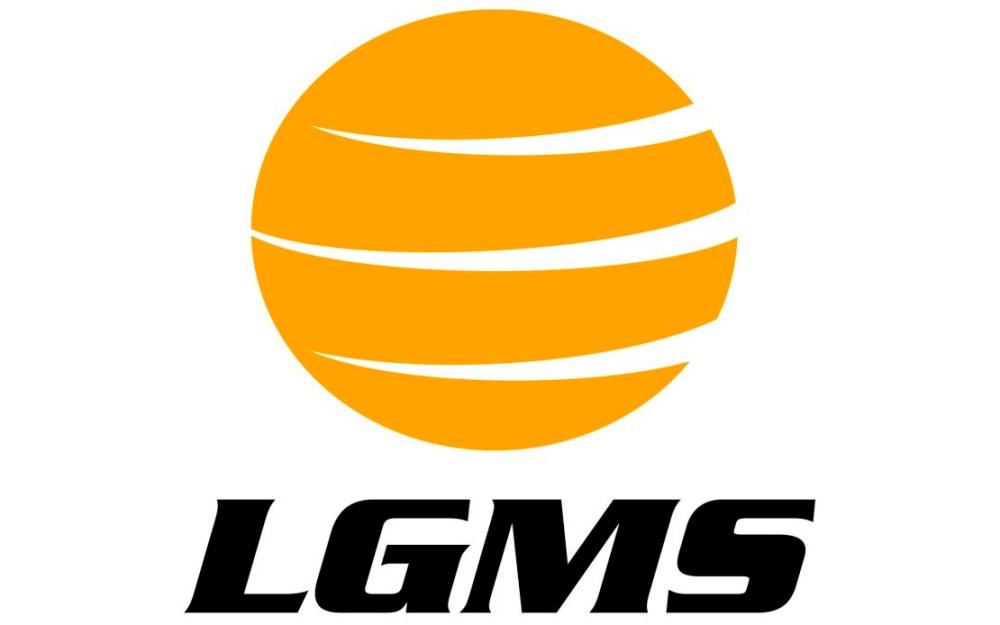KUALA LUMPUR: Cybersecurity consultancy LGMS Bhd is introducing a subscription-based solution aimed at small and medium-sized enterprises, which represents a new revenue model for the company.
Executive chairman Fong Choong Fook said the launch of its StarSentry solution has been set for the second quarter of 2024 (Q2’24).
“This innovative solution is designed to enable SMEs to enhance their cybersecurity measures simply and effectively.
“With its plug-and-play design, StarSentry seamlessly integrates into users’ networks, automatically analysing all connected devices for vulnerabilities. This proactive approach is expected to significantly elevate the cybersecurity standards of Malaysian SMEs,” he said in a statement.
StarSentry, a made-in-Malaysia platform, has already garnered accolades, being named the “Cybersecurity Product Innovation of the Year” at the Malaysia Cybersecurity Awards 2023.
LGMS, which is listed on Bursa Malaysia’s ACE Market, said it has undertaken a transformation to embrace a platform-centric business model besides continuing with its traditional services-based approach.
“The group’s prime revenue earner has consistently been services-based, with cyber risk prevention constituting about a quarter of overall revenue, followed by cyber risk management and compliance together with cyber threat and incident response.
“With a subscription model coming on board, LGMS is set to realise consistent revenue streams, scalable service offerings and the potential for new customer engagement and support,” said Fong.
Parallel to the launch of StarSentry, the company is also in the advanced stages of developing a state-of-the-art artificial intelligence (AI) bot, a move poised to revolutionise cybersecurity through automation.
“Our upcoming AI bot is a game-changer, designed to augment cybersecurity efforts with unparalleled efficiency. It brings to the table enhanced threat detection capabilities, allowing for real-time responses to security incidents,” he said.
According to Fong, this reduces the need for manual intervention, thereby streamlining operations and ensuring constant vigilance.
“By integrating advanced AI, we are not just addressing current security challenges but are also future-proofing our cybersecurity solutions for the greater good of customers,” he added.
Meanwhile, Malaysia Digital Economy Corporation (MDEC) senior vice president Gopi Ganesalingam said that LGMS’ pivot to a subscription-based, platform-centric business model, spearheaded by innovations like StarSentry and the upcoming AI bot, positions the company at the forefront of cybersecurity solutions in Malaysia.
“This strategic transformation not only promises to enhance the security of SMEs but also opens new revenue streams for LGMS, marking a new chapter in its growth trajectory,” he said while also expressing his pride that LGMS is part of MDEC’s GAIN (Gateway, Amplification, Investor, Nurture) initiative.
GAIN is designed to boost Malaysian companies’ presence on the global stage, starting with the ASEAN region. Established in 2015, the initiative has engaged with more than 400 entrepreneurs throughout the country while also encouraging foreign startups to relocate to Malaysia.
“Situated in one of the fastest-growing internet economies in the world, GAIN utilises Malaysia’s aggressive cost base, talent and connectivity to the region. The initiative focuses on market access, visibility, raising capital and fostering companies to emerge as industry leaders within their respective fields,” said Gopi.
Meanwhile, Kenanga Research has made an “outperform” call on LGMS with a target price of RM1.16.
“LGMS is putting onto the market an affordable plug-and-play SME cyber security product called StarSentry in Q2 2024. A one-of-a-kind subscription-based offering, the product will be a source of recurring income for LGMS,” said Kenanga senior equity analyst Samuel Tan in a note.
He said Kenanga likes LGMS for three reasons -- the high growth prospects of its core cybersecurity business given the under-penetrated local and regional cyber security markets, the deep moat around its business given the high barrier to entry created by the tough qualification process as a vendor, and new proprietary certification software which is expected to be the next earnings driver. – Bernama









